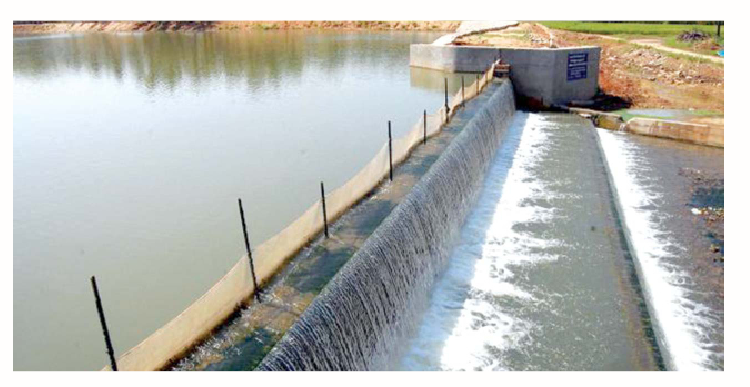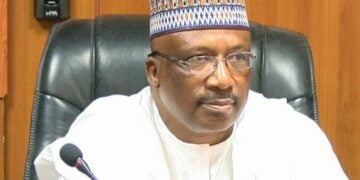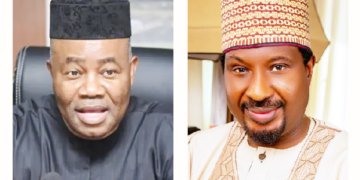For decades, evidence of failed water privatisation schemes across the world, has rang alarm bells in the minds of stakeholders who find it exploitative, hence the reason for its failure.
They made it clear that Nigeria has to hasten change moving away from water privatisation, to embrace a system of democratic public ownership of water resources.
The United Nations Children’s Fund (UNICEF) revealed that 78 million Nigerian Children are at the highest risk from inadequate water, sanitation and hygiene (WASH) related diseases and climate hazard.
Nigeria ranks second out of 163 countries globally with the highest risk of exposure to climate and environmental threats. Groundwater levels are also dropping, requiring some communities to dig wells twice as deep as just a decade ago. At the same time, rainfall has become more erratic and intense, leading to floods that contaminate scarce water supplies.
No doubt, Nigeria is faced with water crisis, but the way out of it is not through water privatisation, but it is within the realm of democratic community-controlled and publicly funded options, the executive director, Corporate Accountability and Public Participation, Africa (CAPPA), Akinbode Oluwafemi, tells me.
Oluwafemi averred that like other countries in Africa, Nigeria is under threats of water privatisation both at the state and federal levels, adding that disturbing accounts of the abuses of multinational corporations have led communities across the African continent to reject water privatisation in its many forms including public-private partnerships.
Citing examples of water privatisation failures across the world, the associate director, CAPPA, Aderonke Ige, at a press briefing organised by CAPPA in commemoration of World Water Day, said, “Water privatisation has failed in countries like the United States, Chile, France, Cameroon, Ghana and Gabon, among others, adding that, this should serve as lessons for African governments who are being pressured by a host of multilateral financial institutions to toe the privatisation path.”
On his part, the deputy chairman, Joint Action Front (JAF), Achike Chude said, privatisation has never worked in Nigeria. “Let’s take for instance, the power sector. Nine years after the privatisation of the power sector, the same issues which necessitated the privatization was still prevalent.
“Nigerians still do not have stable and reliable power supply and with installed capacity at 12,522 MW, Nigeria has not been able to generate beyond 4,000 MW to service its population of over 200 million. The other issues are network infrastructure challenges, increasing tariffs, etc which cumulatively have made power to oscillate between 3,000 to 4,000 MW.
“With this in mind, we can conclude that privatisation of water resources will not tackle the issue of water crisis in the country. Ghana who went into water privatisation has recently made a U-turn, because it didn’t work, as the water sector is now being controlled by the Ghanaian government,” Chude stated.
The deputy chairman therefore urged the newly elected government to reject all forms of water privatisation, support public, democratic control of water resources and prioritise the sector by increasing funding for public water utilities.





